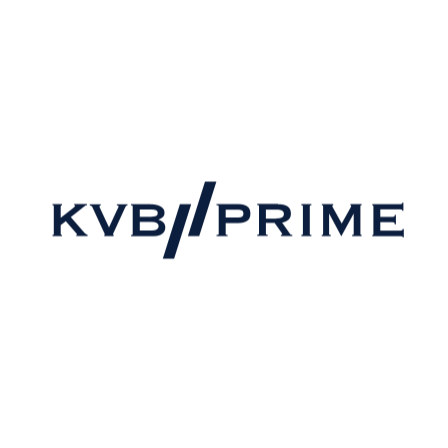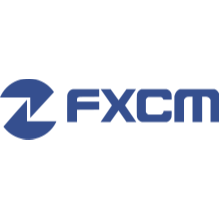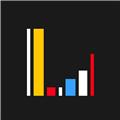Futures
A financial contract obligating the buyer to purchase an asset (or the seller to sell an asset), such as a physical commodity or a financial instrument, at a predetermined future date and price. Futures contracts detail the quality and quantity of the underlying asset; they are standardized to facilitate trading on a futures exchange. Some futures contracts may call for physical delivery of the asset, while others are settled in cash. The futures markets are characterized by the ability to use very high leverage relative to stock markets.
Futures can be used either to hedge or to speculate on the price movement of the underlying asset. For example, a producer of corn could use futures to lock in a certain price and reduce risk (hedge). On the other hand, anybody could speculate on the price movement of corn by going long or short using futures.
 |
|
| Watch: Future Contract |
The primary difference between options and futures is that options give the holder the right to buy or sell the underlying asset at expiration, while the holder of a futures contract is obligated to fulfill the terms of his/her contract.
In real life, the actual delivery rate of the underlying goods specified in futures contracts is very low. This is a result of the fact that the hedging or speculating benefits of the contracts can be had largely without actually holding the contract until expiry and delivering the good(s). For example, if you were long in a futures contract, you could go short in the same type of contract to offset your position. This serves to exit your position, much like selling a stock in the equity markets would close a trade.






